
The Role of Genetics in Human Health and Disease
Genetics play a significant role in human health and disease. The study of genetics has led to a greater understanding of the complex relationships between genes, environment, and disease. In this article, we will explore the relationship between genetics and human health, discussing the impact of genetic mutations on disease susceptibility and treatment.
Introduction to Genetics
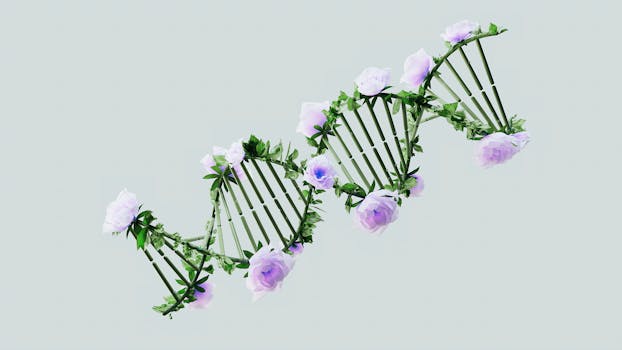
Genetics is the study of heredity and variation. It involves the examination of genes, their functions, and their interactions with the environment. Genes are the basic units of heredity and are passed from one generation to the next. They carry information from one generation to the next and are responsible for the characteristics of an individual.
Genetic Mutations and Disease

Genetic mutations are changes in the DNA sequence of an individual. These changes can occur spontaneously or as a result of environmental factors. Some genetic mutations can lead to disease, while others may have no effect. Genetic mutations can affect the functioning of genes, leading to changes in the proteins they produce. These changes can, in turn, affect the functioning of cells and tissues, leading to disease.
Types of Genetic Mutations
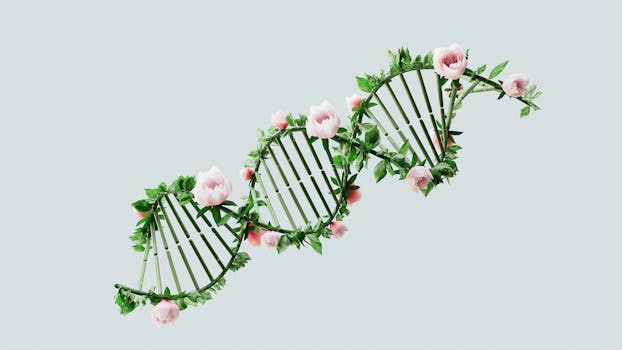
There are several types of genetic mutations, including point mutations, frameshift mutations, and chromosomal mutations. Point mutations involve a change in a single nucleotide, while frameshift mutations involve the insertion or deletion of nucleotides, leading to a change in the reading frame of the genetic code. Chromosomal mutations involve changes in the structure or number of chromosomes.
Genetic Disorders

Genetic disorders are conditions caused by genetic mutations. Some genetic disorders are inherited, while others are caused by spontaneous mutations. Examples of genetic disorders include sickle cell anemia, cystic fibrosis, and Huntington’s disease. These disorders can have a significant impact on an individual’s quality of life and can be life-threatening.
Genetic Testing and Counseling
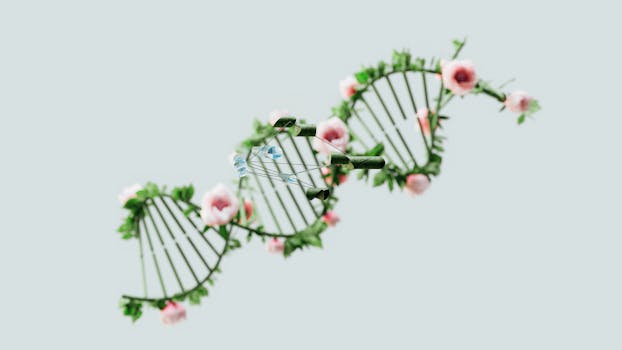
Genetic testing and counseling are important tools for identifying genetic disorders and providing individuals with information about their genetic risks. Genetic testing involves the analysis of an individual’s DNA to identify genetic mutations. Genetic counseling involves the interpretation of genetic test results and the provision of information about the risks and consequences of genetic disorders.
Treatment and Management of Genetic Disorders
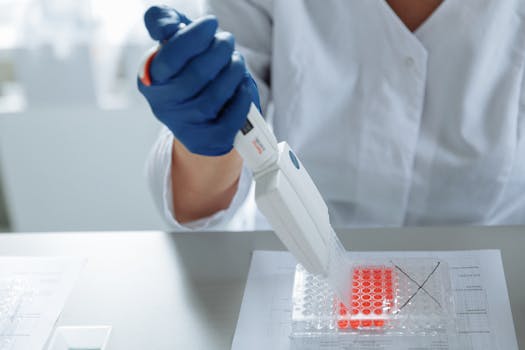
The treatment and management of genetic disorders depend on the specific disorder and the severity of the symptoms. Some genetic disorders can be treated with medication, while others may require surgery or other interventions. In some cases, genetic disorders may be managed through lifestyle changes, such as dietary modifications or exercise.
Conclusion
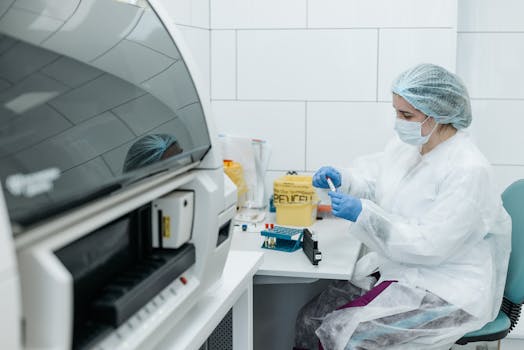
In conclusion, genetics play a significant role in human health and disease. The study of genetics has led to a greater understanding of the complex relationships between genes, environment, and disease. By understanding the impact of genetic mutations on disease susceptibility and treatment, we can develop more effective strategies for preventing and treating genetic disorders.





